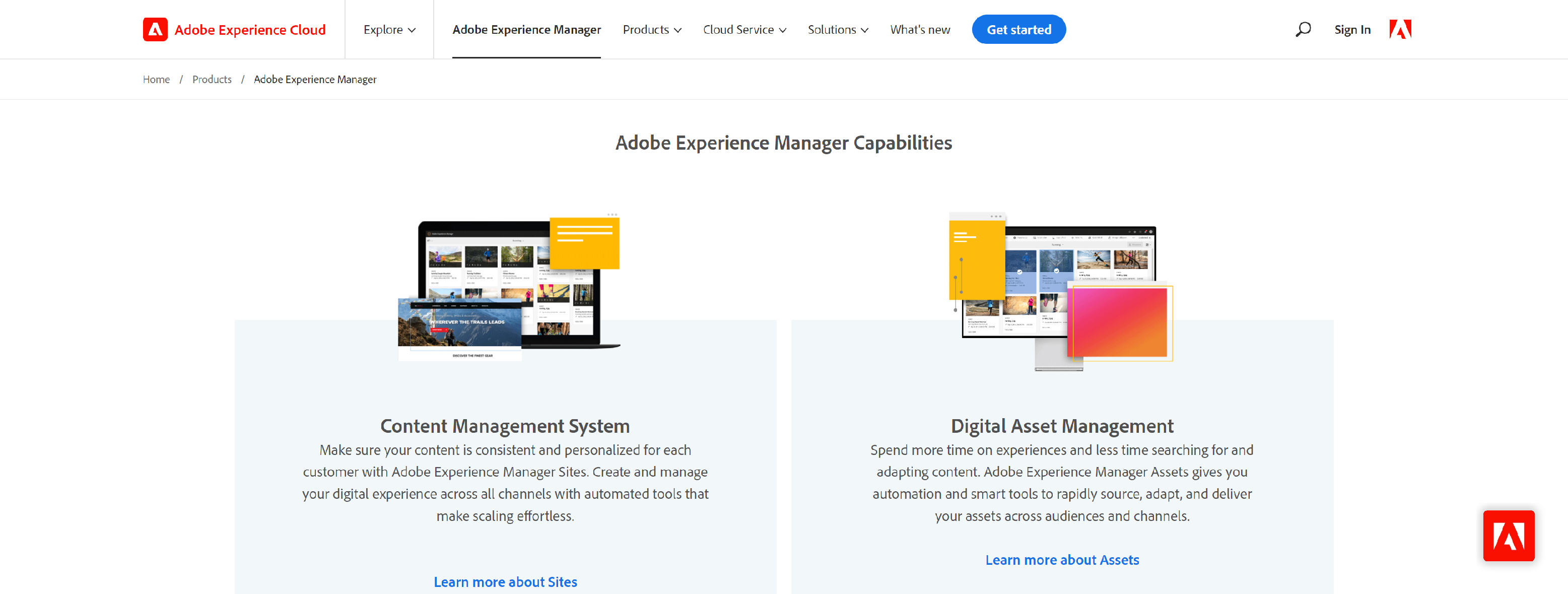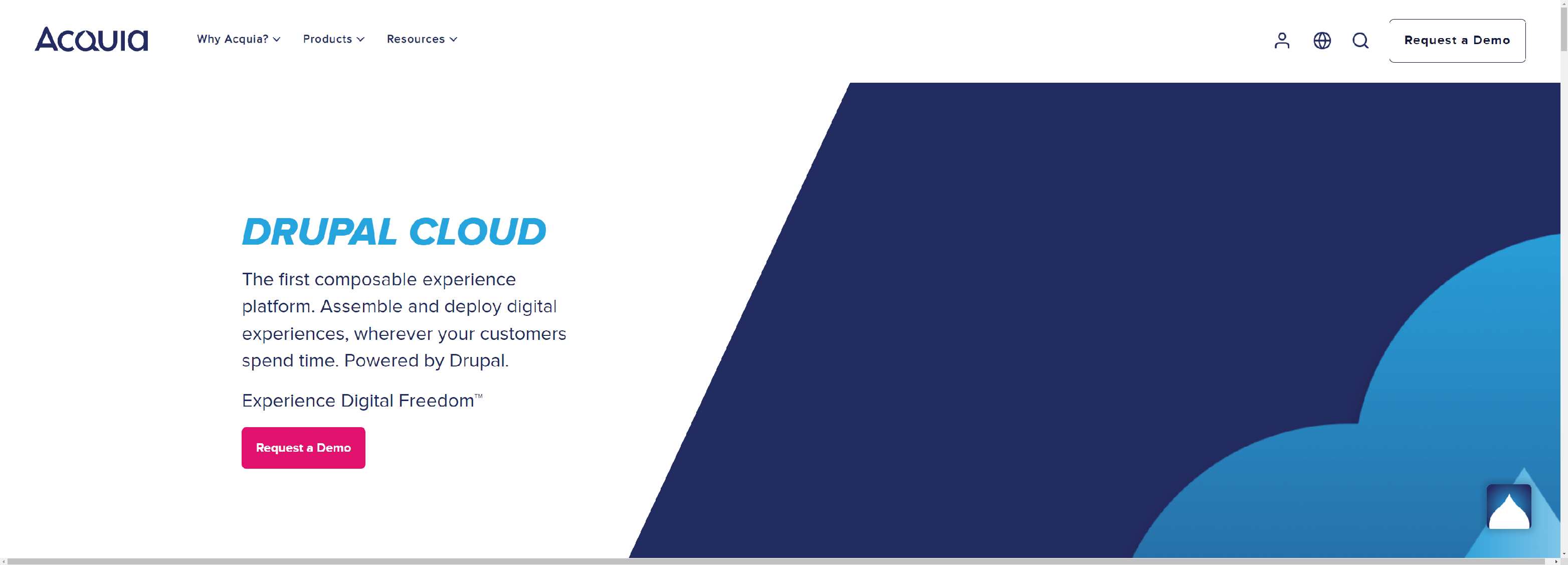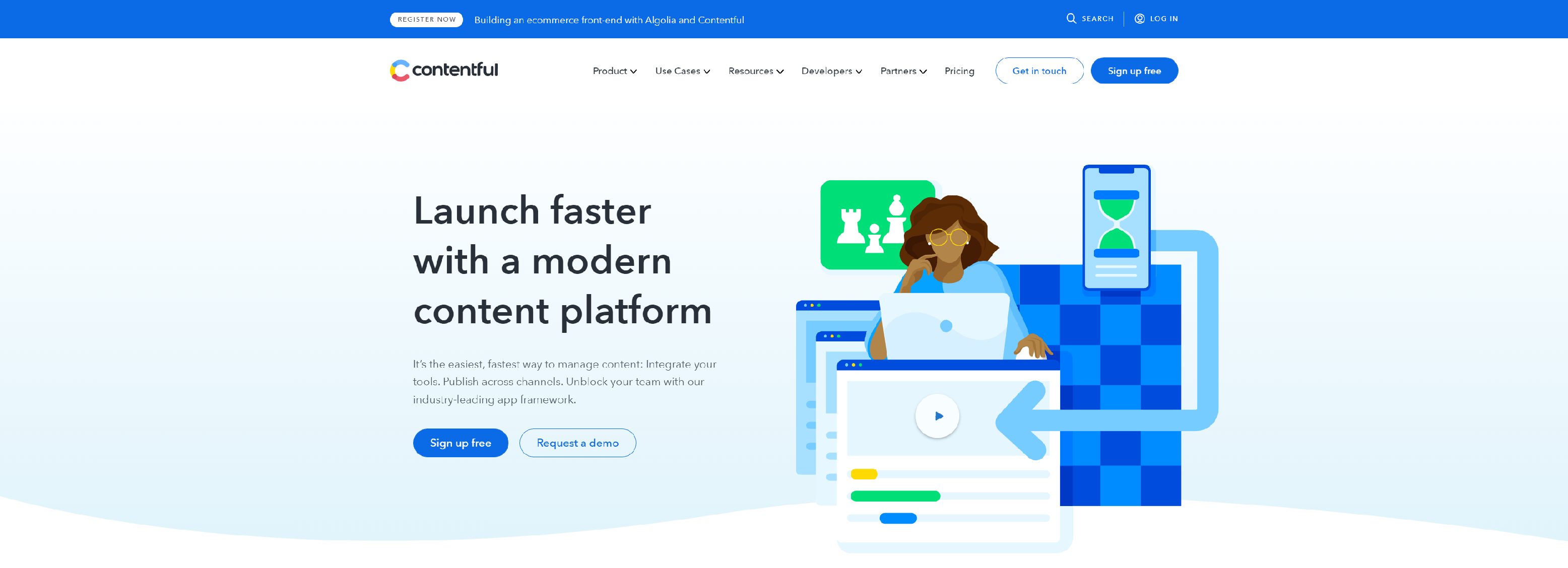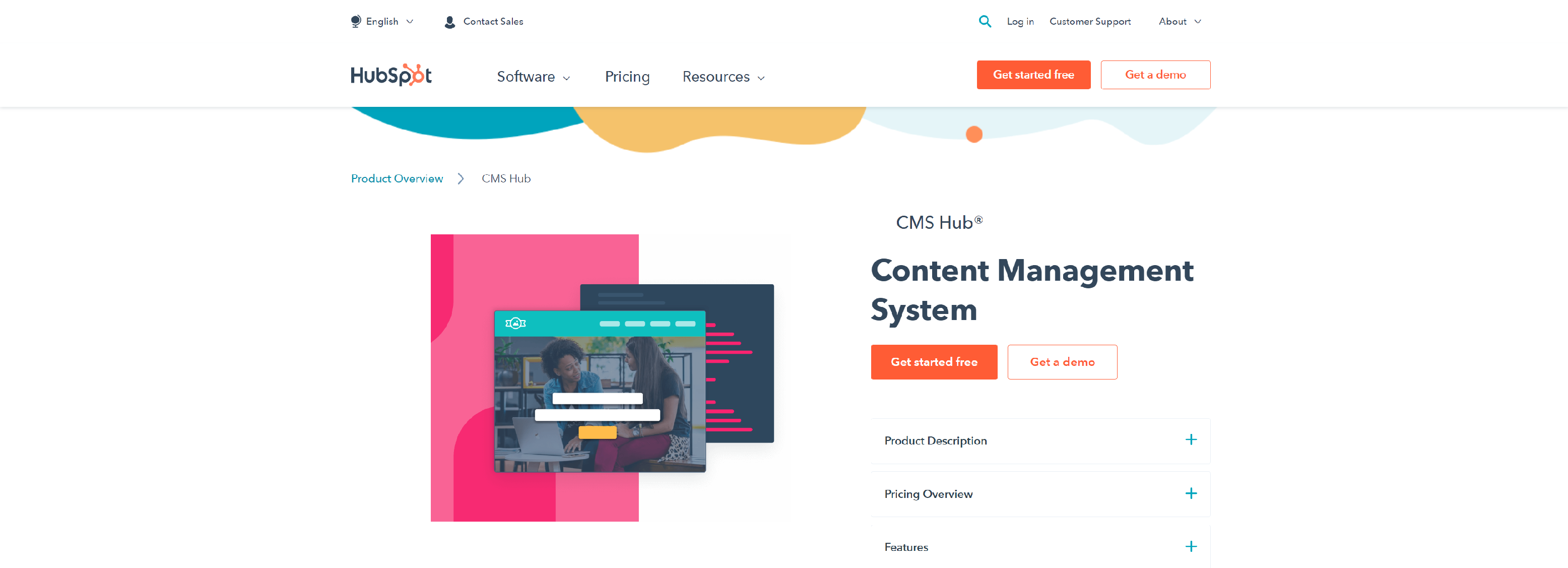An enterprise content management system is a set of defined processes, tools, and strategies to help you easily capture, store, and share information with your stakeholders.
It helps you streamline the lifecycle of information and manage your digital assets in a centralized repository to support business processes.
Enterprise CMSs are critical for organizations that deal with large volumes of content and conduct business in different market spaces.
Uses of Enterprise CMSs
Enterprise content management (ECM) helps unify channels, campaigns, and customer data into a single integrated platform. While there are multiple benefits of enterprise content management systems, listed below are some of the biggest reasons why you should invest in one for your business.
Team Efficiency: ECM provides businesses with a single source of truth to streamline access to information. This helps eliminate bottlenecks, minimize overhead, and increase productivity to optimize overall performance.
Workflow Automation: Enterprise CMS comes with various capabilities that help in interoperating with the existing platforms to automate workflows. It uses a set of defined steps that support business processes without the need for much manual intervention.
Real-time Analytics: ECM provides businesses with real-time analytics that help gain insights into customer behavior. It tracks their every move on the website and uses this data to personalize the customer experiences across every touchpoint.
Multi-site Support: ECM allows businesses to manage their content across various websites, eCommerce stores, and marketing campaigns through a centralized hub. This helps them distribute and re-use content seamlessly across a wide array of platforms and integrate with various social media channels.
Rigid Security: Enterprise CMS comes with enhanced security measures to protect your website from security attacks and data breaches. It incorporates zero-trust capabilities that use strict user access controls, continuous monitoring for threats, and disaster recovery planning to digitally secure your data.
Top 5 Enterprise CMSs in 2022
Now that we know the basics of ECM and its main advantages, let’s look at the top 5 Enterprise CMSs for website development in 2022.
AEM (Adobe Experience Manager)

AEM is a content management system offered by Adobe Experience Cloud (AEC). It enables easy and dynamic digital asset management for enterprises. AEM comes with a bunch of different modules and functionalities to create high-performing websites and applications. Some of these include:
- AEM Sites – Build and manage multiple sites from a centralized location.
- AEM Asset Management – Create custom variations of your assets to deliver personalized experiences.
- AEM Mobile – Build apps that can run on multiple devices and integrate into your overall marketing strategy.
- AEM Forms – Create easy-to-access forms to transform complex transactions into simple digital experiences.
- AEM Community – Create and customize your online community to encourage interaction with your customers and employees.
Sitecore

Sitecore is an all-in-one digital experience platform that combines content management, marketing automation, and eCommerce to offer unparalleled customer experiences. It is based on .NET and offers a powerful suite of features to cater to various needs of enterprises. Some of these include:
- Sitecore Experience Database – Centralize all your customer data from various systems to get a comprehensive view of the customer journey.
- Sitecore xConnect – Gather and sync the data between Sitecore and third-party systems to streamline marketing and operations.
- Marketing Automation – Set up customized and automation lead nurturing campaigns to move prospects down the sales funnel faster.
- Engagement Analytics – Track and score every lead interaction to prioritize followups.
- Print Experience Manager – Share and transform content from your Sitecore environment into print-ready collateral with Adobe InDesign.
Acquia Drupal Cloud

While Drupal is a feature-rich web content management system, Acquia is a powerful digital experience company that shares the same foundational root as Drupal. Drupal hosted by Acquia Cloud makes for a powerful enterprise content management system that helps build complex applications quickly. Some of the key features of Acquia Drupal Cloud include:
- Rich Content Management Tools – Seamlessly manage content with an advanced editorial interface, multimedia asset creation, taxonomy management, content promotion and sequencing, and layout management.
- Multi-Language & Localization – Deliver content in the right language and the right context to the right audiences for maximum engagement.
- Integration Capabilities – Support RESTful APIs that facilitate third-party integrations to enhance system capabilities.
- eCommerce Support – Enhance operational efficiency with dynamic product displays, advanced product search interfaces, order management, and discount pricing rules.
- Access Management – Get customized access controls to ensure maximum security of the platform.
Contentful

Contentful is an API-first content-centric infrastructure platform that provides a central hub for managing content as well as the tools to distribute it on various channels. It has a host of features that help enterprises assemble and manage content easily and deliver great experiences faster. Some of its key features include:
- Customizable Interface – Offer an uncluttered and completely customizable user interface to offer an optimal user experience.
- Content Modeling – Specify a content model for structuring your content and displaying it in a layout-independent way to support multichannel delivery.
- Global Scalability – Scale your delivery effectively with a centralized content hub, granular locale settings, and multilingual support.
- Powerful APIs – Aggregate data from multiple sources without the overhead of managing backend systems.
- Mobile Friendly – Optimize mobile performance with selective sync, image auto-compression, and support for offline persistence.
HubSpot CMS Hub

CMS Hub is a web content management system built on HubSpot. It combines website creation with CRM to streamline the entire buyers’ journey and facilitate cross-team collaboration to deliver optimal digital experiences. CMS Hub is a fully-integrated solution that allows marketers and content creators to take complete control over the website. Its key features include:
- Built-in SEO – Get effective recommendations to improve all your website pages easily from one place.
- Lead Generation – Add any lead-generating tools right into the website to turn your visitors into potential customers.
- Advanced Testing – Test different variations of your website with A/B Testing and Adaptive Testing features to optimize for the best performance.
- Effective Publishing – Utilize readymade templates with multimedia and modules that you can customize to fit your website content.
- Website Analytics – Track, measure, and report your overall page performance with the right tools to see what’s working and what needs improvement.
The Final Note
Every growing business needs an enterprise content management system. But selecting the right one for your business can be a tad challenging. We hope that the above list of top enterprise CMSs has given you some clarity as to which platform can be a good fit for your business.
Having said that, CMS is a huge investment for your business. So, it’s recommended always to conduct your own research or go for expert assistance to help you make the right decision.